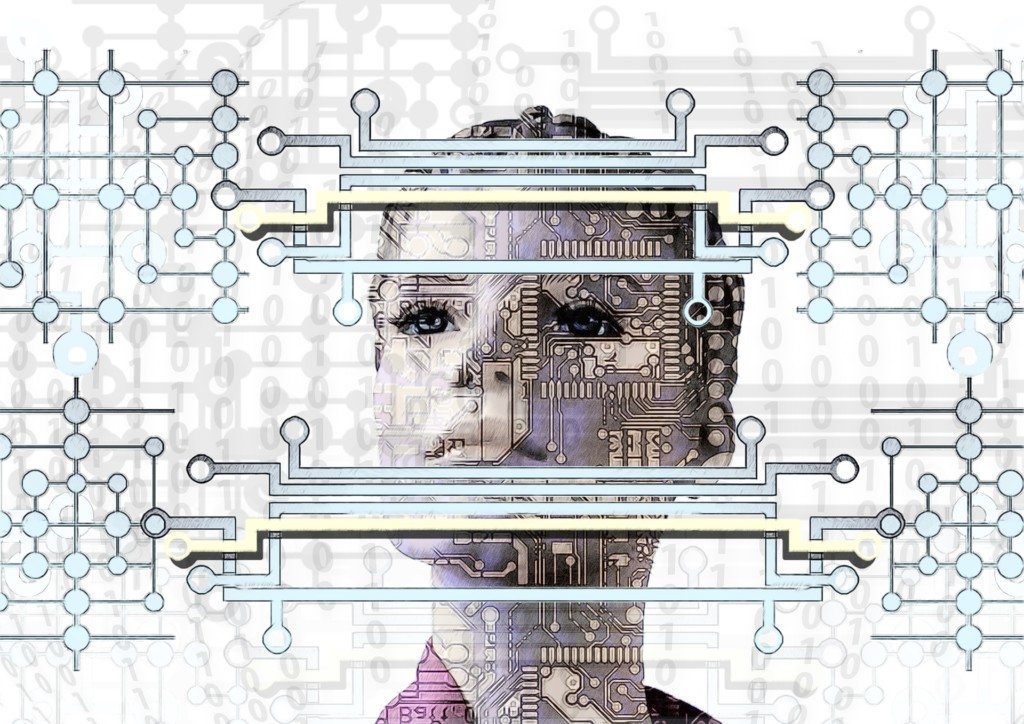In the ever-changing environment of cybersecurity, executives are always looking for the next big trend that will set them apart from the rest of the competition. In a year where ransomware attacks have already increased by 250 percent, new technologies can give an advantage to those trying to protect you and your information online—especially when organizations are facing a cybersecurity skills gap and struggling to hire qualified people to handle the job.
Artificial Intelligence in Cybersecurity
A new report from Cylance—Artificial Intelligence in the Enterprise: The AI Race Is On—focuses on one of the latest technologies. Artificial intelligence (AI) enables organizations to gain an edge on any and all attacks on their systems.
The inaugural report was compiled from a survey of 652 IT executives in the United States, United Kingdom, Germany, and France. It shows that many value AI-powered security and plan to continue investing in the technology in the future. Of those polled, 60 percent already have AI-tools in place, and 79 percent say that it is a priority for their C-suite executives and boards.
[the_ad id=”4453″]Some of the more specific finding show:
- 77 percent of those asked think it is impossible for an all-human cybersecurity team to keep up with threats
- 81 percent said AI is detecting threats before security teams can
- 61 percent say AI skills are an essential hiring factor for security teams.
Artificial intelligence has already been shown to have substantial success in preventing breaches. For the cybersecurity world, AI is the ever-rising bar. The Cylance report shows that 77 percent of those surveyed have prevented more breaches following their use of AI tools. 74 percent of respondents say they wouldn’t be able to cope with the security skills gap without AI. These stats show why 64 percent of IT executives are expecting to see the ROI from their investment in AI-powered tools in less than 2 years.
“Executives who were first to make the leap of faith in AI have been the first to begin experiencing the rewards, particularly in the prevention of cyberattacks,” agrees Daniel Doimo, president and chief operating officer of Cylance. “Over the next year, I only expect to see this trend accelerate.”
Addressing the Cybersecurity Skills Gap
With so many advantages to AI-powered tools, one of the driving forces in further investments is to beat out the competitors–with 83 percent specifically investing to gain an advantage against competitors. To help add to the growing need for more security, AI-powered tools also offer increased cybersecurity jobs for humans.
AI can be a bit of a catch-22 when it comes to the cybersecurity skills gap and careers in cybersecurity. If AI can do the job more effectively and efficiently than humans, will humans just lose their jobs?
That is a very relevant question. According to the Cylance report, those concerns linger, but also present unique new opportunities. “68 percent of IT decision makers say AI will make certain jobs obsolete, and 74 percent are concerned AI technology will replace human jobs. But, 93 percent say it will create new job opportunities, and 80 percent believe AI will lead them to hire new workers and retrain existing employees.”
- Review: Free Website and Web Hosting from 000WebHost.com - March 8, 2018
- Can Increased Presence of Artificial Intelligence in Cybersecurity Address Skills Gap? - October 6, 2017
- 3 Reasons You Shouldn’t Use the Internet to Diagnose Your Pet - October 2, 2017




Comments are closed.